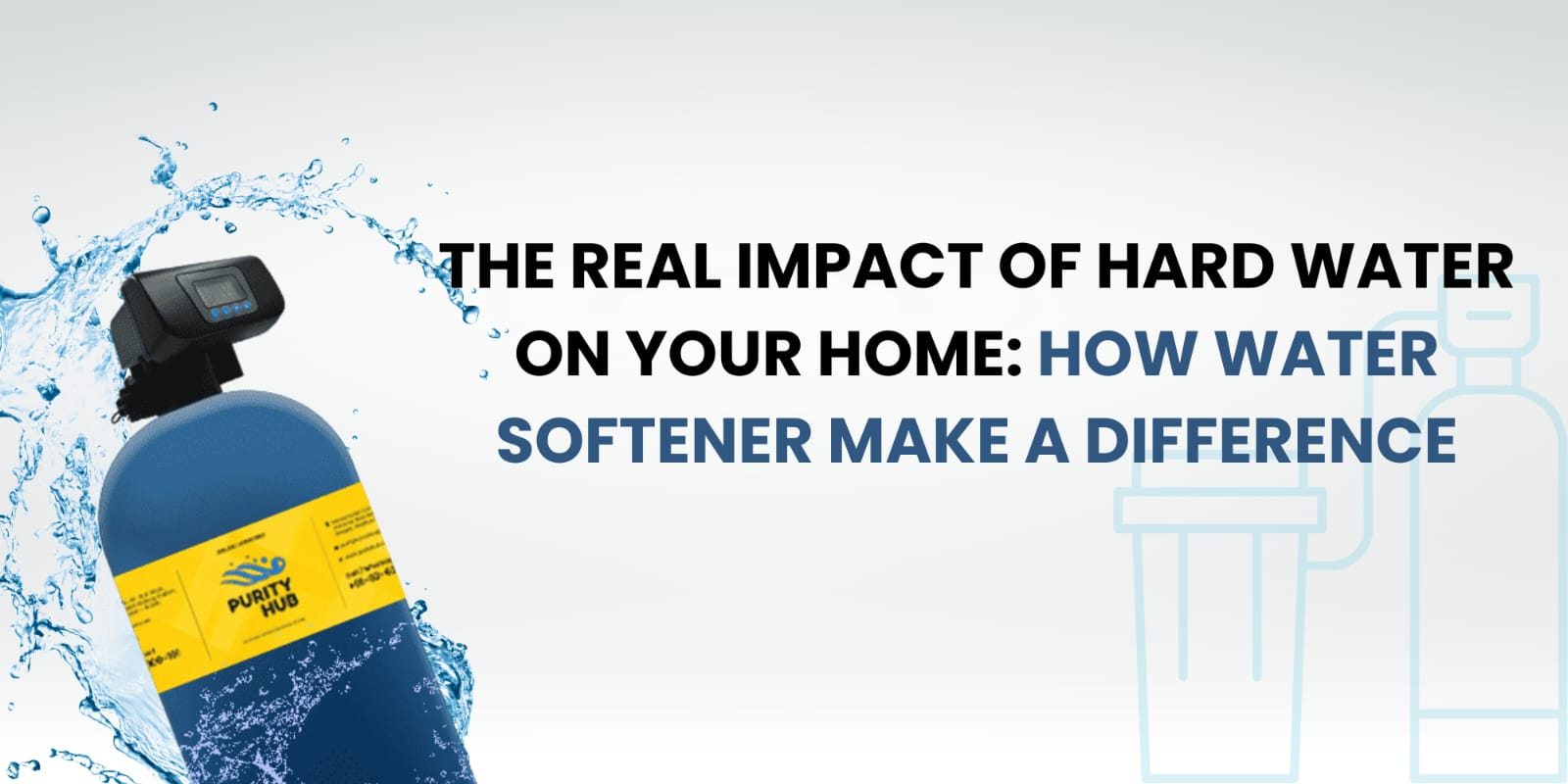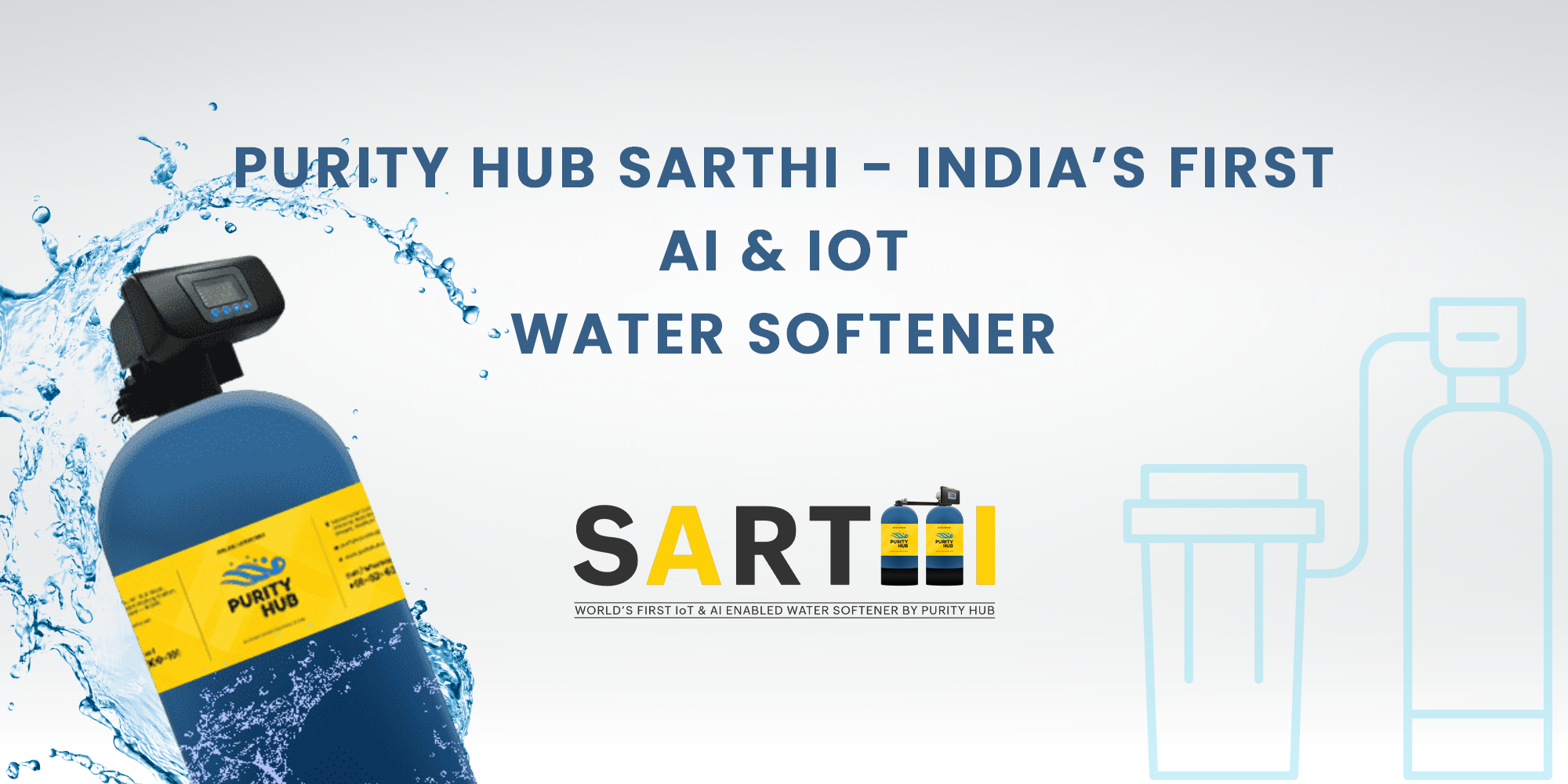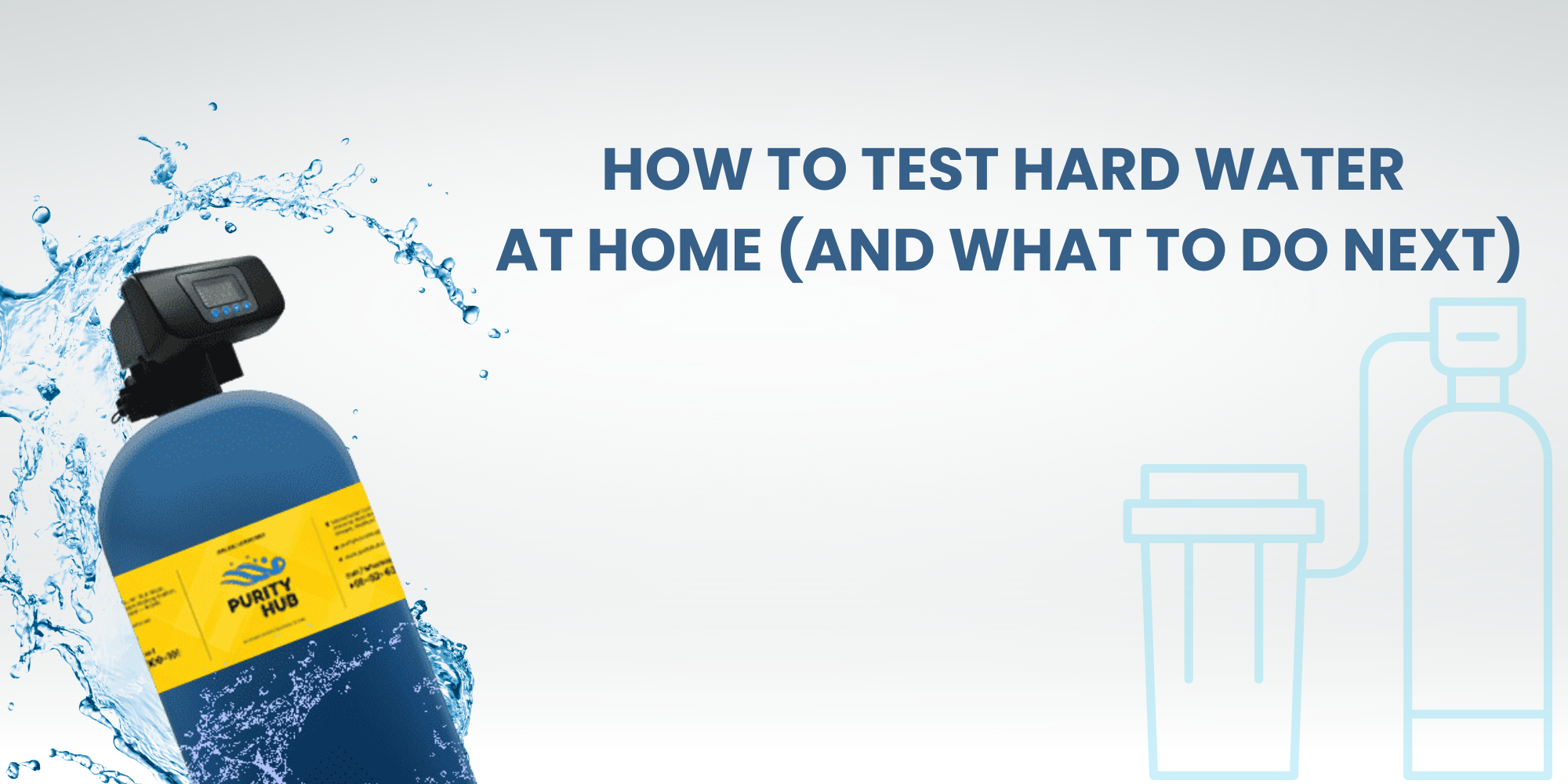
Hard water is a common problem in many Indian households, resulting in a range of issues from clogged pipes to stained bathroom fixtures. Water hardness is primarily due to high levels of calcium and magnesium, which accumulate over time and negatively affect appliances, plumbing, and even personal care. Investing in a hard water softener for home use or a whole home water softener system can make a considerable difference. Here’s an in-depth look at how hard water impacts your home and how water softeners can help address these issues.
The Impact of Hard Water on Your Home
1. Scale Build-up in Appliances and Plumbing One of the most noticeable effects of hard water is scale build-up. Over time, calcium and magnesium deposits accumulate in your plumbing and appliances, forming a layer of scale. This scaling can clog pipes, reduce water flow, and lower the efficiency of water heaters, washing machines, and dishwashers. As appliances work harder to function, energy bills rise, and the lifespan of these appliances is shortened.
Using a household water softener system or a water filter for hard water, such as a whole house soft water system, can prevent scale build-up, making sure your appliances run efficiently for longer.
2. Soap Scum and Reduced Cleaning Efficiency Hard water doesn’t mix well with soap, creating a sticky residue that leads to soap scum. This scum sticks to surfaces in your kitchen and bathroom, creating unsightly stains on sinks, bathtubs, and tiles. Not only does this make cleaning more challenging, but it also means using more cleaning products to achieve the same results. A water filter for hard water showers or a bathroom water softener can make a significant difference, allowing soap to lather properly, reducing residue, and making cleaning easier.
3. Dry Skin and Hair Problems Bathing in hard water often leaves skin feeling dry and hair feeling brittle. This is because hard water strips away natural oils, leading to a feeling of dryness and irritation. For households that frequently face these issues, a shower water filter for hard water can offer relief. This filter removes excess minerals, making water gentler on the skin and hair, resulting in softer, healthier-looking hair and skin.
4. Stains and Residues on Laundry and Dishes Hard water can cause clothes to fade more quickly and dishes to retain a cloudy appearance, even after washing. This is due to mineral deposits left on fabrics and glassware, which can dull their appearance and feel. Using a water softener for an entire house or a water softener for hard water in areas such as the laundry room helps remove these minerals, ensuring clothes and dishes come out looking cleaner and fresher.
The Role of Water Softeners in Combatting Hard Water
Water softeners are designed to treat hard water by removing the excess calcium and magnesium ions that cause hardness. These systems use a process called ion exchange, where hard water ions are swapped with sodium ions, effectively “softening” the water.
Let’s explore the benefits of various types of water softeners available for residential use:
1. Whole Home Water Softeners A whole home water softener system is installed at the point where water enters the house, ensuring that softened water flows throughout the plumbing system. This is an excellent choice for homeowners who want comprehensive water treatment for their entire household. With this system, you can enjoy the benefits of soft water in every area, from bathrooms to kitchens to laundry rooms.
2. Bathroom Water Softeners and Shower Filters For households that experience hard water issues primarily in the bathroom, a bathroom water softener or a shower water filter for hard water may be sufficient. These filters treat the water at individual faucets, ensuring that only softened water is available for bathing and other hygiene activities. They are also more budget-friendly and easy to install compared to whole-home systems.
3. Hard Water Filtration Systems for Specific Appliances If hard water impacts certain appliances more than others, consider installing a hard water filtration system directly on that appliance. For example, installing a dedicated hard water softener for home use on your washing machine or dishwasher can reduce scale build-up, extending the appliance's lifespan and improving its efficiency.
Key Advantages of Installing a Water Softener
Using water softeners in your home has several long-term benefits, including:
Lower Energy Costs: As softened water prevents scale build-up in water heaters, less energy is needed to heat the water, which can lead to lower utility bills.
Reduced Maintenance: With less mineral build-up in pipes and appliances, homeowners face fewer costly repairs and maintenance issues.
Improved Health and Comfort: Softer water is gentler on the skin, hair, and clothes, offering a more comfortable experience for household members.
Cleaner Surfaces: Soft water reduces soap scum and mineral residue, making it easier to keep surfaces spotless.
Choosing the Right Water Softener for Your Home
When selecting a water softener, consider your specific needs. For homes with significant hard water issues, a whole house water softener system may be ideal. If budget is a concern, or if hard water primarily affects specific areas like the bathroom, a shower filter or bathroom water softener may be more practical.
Conclusion
The effects of hard water can be both costly and inconvenient, affecting everything from appliance efficiency to personal comfort. Installing a hard water filter, house water softener, or a whole-home water softener system offers a practical solution for overcoming these issues, delivering cleaner, softer water throughout the home. By investing in a quality water softening solution, you can protect your home’s plumbing, appliances, and personal well-being, making it a smart investment that pays off over time.
Share to friends:



